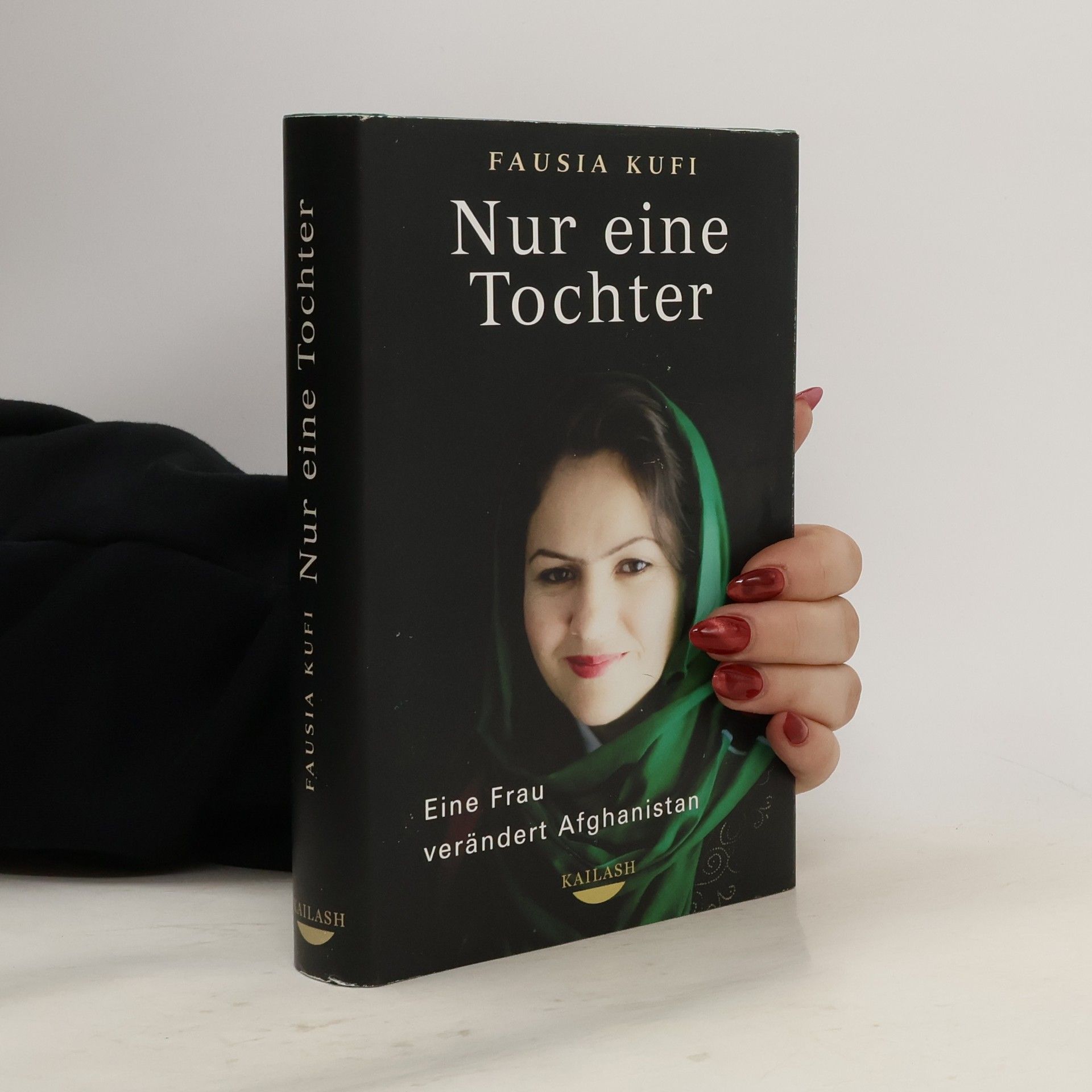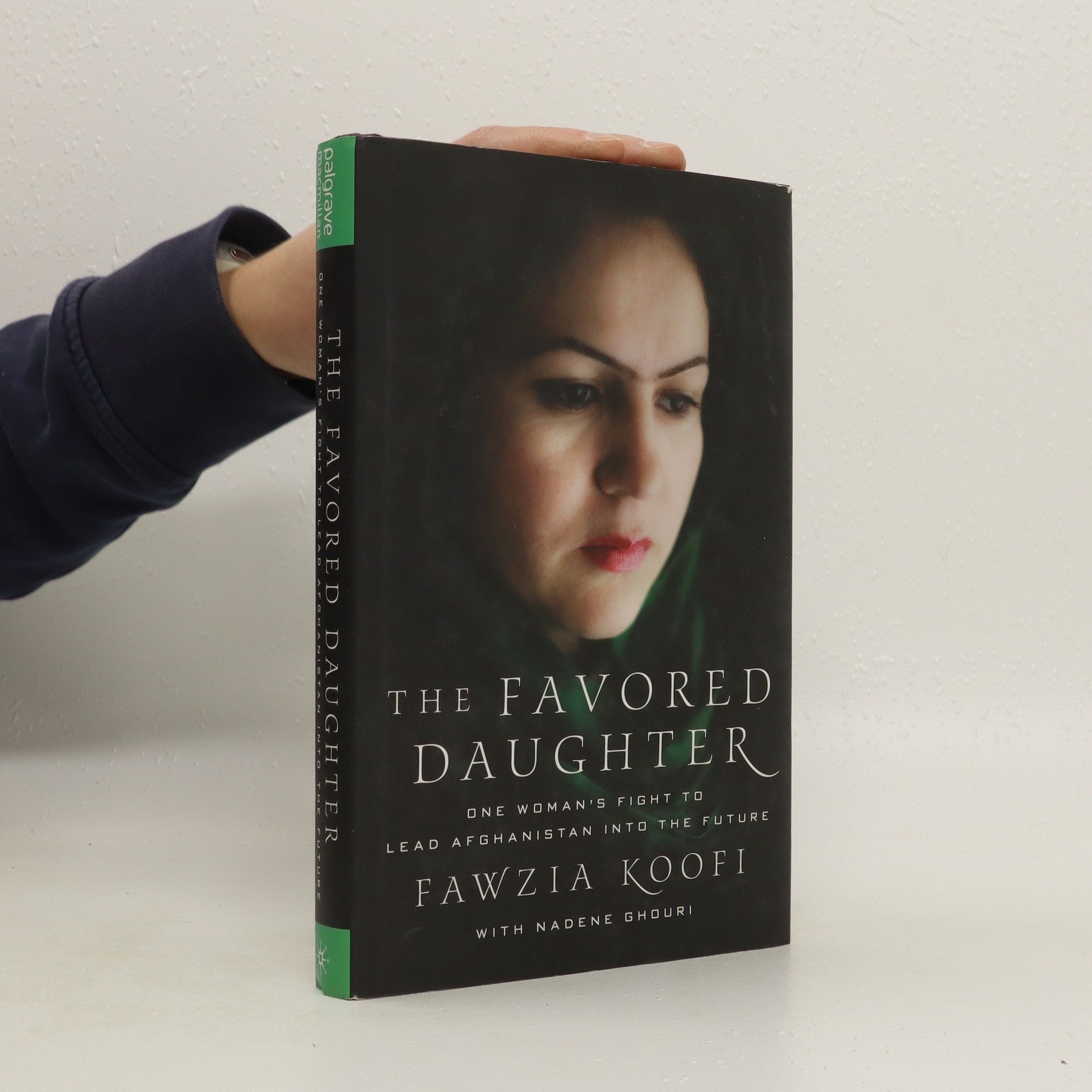"The nineteenth daughter of a local village leader in rural Afghanistan, Fawzia Koofi was left to die in the sun after birth by her mother. But she survived, and perseverance in the face of extreme hardship has defined her life ever since. Despite the abuse of her family, the exploitative Russian and Taliban regimes, the murders of her father, brother, and husband, and numerous attempts on her life, she rose above her fate to becoming the first Afghani woman Parliament speaker. Here, she shares her amazing story, punctuated by a series of poignant letters she wrote to her two daughters before each political trip--letters describing the future and freedoms she dreamed of for them and for all the women of Afghanistan. Today, Koofi is one of the most outspoken critics of human rights violations against Afghani women and children and uses her influence to bring global attention to the situation on the ground in Afghanistan, even as a frustrated American military considers relinquishing it to the Taliban. Her story movingly captures the political and cultural moment in Afghanistan, a country caught between the hope of progress and the bitterness of history"-- Provided by publisher
Fawzia Koofi Livres
Fawzia Koofi est une femme politique et militante afghane de premier plan pour les droits des femmes et des enfants. Son écriture se consacre à la promotion de l'égalité et de la justice, offrant une perspective unique sur les défis sociaux et politiques de son pays. À travers ses œuvres, elle cherche à inspirer et à autonomiser les voix des opprimés, plaidant pour un avenir meilleur pour tous. Son travail souligne l'importance de l'éducation et du leadership féminin comme piliers essentiels du progrès.


Ein Leben, bewegender als ein Roman 'ES IST NUR EINE TOCHTER', heißt es bei Fausia Kufis Geburt. Sie ist eines von 23 Kindern, die ihr Vater mit sieben Frauen gezeugt hat. Das ungewollte Baby wird ausgesetzt, um unter der sengenden Sonne in einer der wildesten Berggegenden Afghanistans zu sterben. Doch Fausia überlebt – ebenso wie sie andere bedrohliche Situationen überleben wird. Als ihr Vater von Mudschahedin getötet wird und die Familie in Ungnade fällt, suchen die Kufis Zuflucht in Kabul – nur um sich hier vor den Taliban schützen zu müssen, die an Macht gewinnen. Doch weder durch die Burka noch durch Repressalien lässt sich Fausia in ihrem Traum von Freiheit beirren. Als einziges Mädchen in ihrer Familie besucht sie die Schule, später die Universität. Sie heiratet einen Mann, den sie liebt, und bringt zwei Töchter zur Welt. Als ihr Mann an den Folgen der Folter stirbt, wagt Fausia das Unvorstellbare: Sie geht als Frau in die Politik. 2005 wird sie ins Parlament gewählt und setzt sich seither unermüdlich für die Rechte von Kindern und Frauen ein. Doch dieses Leben verlangt Opfer: Vor jeder Reise schreibt sie einen Brief an ihre Töchter Schuhra und Schaharasad, denn sie weiß nicht, ob sie zurückkehren wird. 'Nur eine Tochter' erzählt von einem Schicksal, das inspiriert und ermutigt. 'Verliert niemals euren Mut zu träumen' – diese Botschaft Fausias an ihre Töchter richtet sich an uns alle.